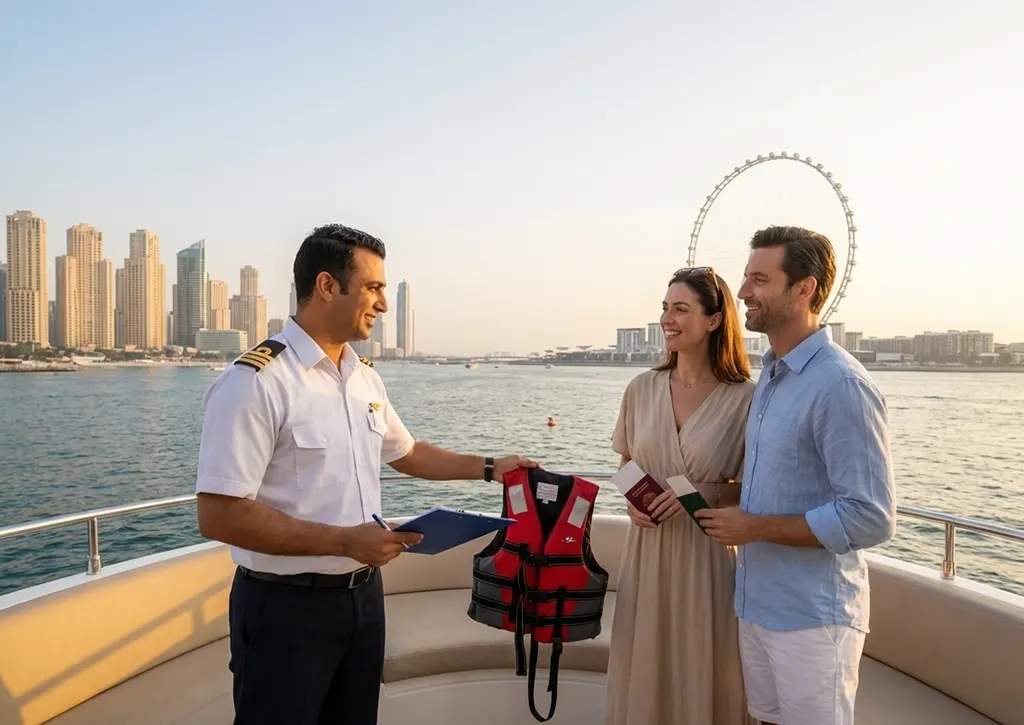For every sailor, whatever level, one thing cannot be avoided-the weather. Some days are brilliant days on the water, and stormy, rough days can make a complete trip into a nightmare.
How do you choose good weather for sailing? Here follows a practical guide that would help you make your next journey as professional as possible in terms of planning.

Check the Wind Conditions
Wind is your engine when sailing, but too much or too little can cause trouble.
Ideal wind speed for sailing:
- Beginners: 5 to 15 knots
- Experienced sailors: Up to 20 knots (with caution)
Avoid:
- Gusty conditions or sudden wind shifts
- Wind over 20+ knots if you’re in a small boat or not experienced
✅ Use apps like Windy, PredictWind, or Windfinder to check wind direction and speed.
Look Out for Storms
Storms can roll in quickly and create dangerous conditions on the water.
Watch for:
- Thunderstorms
- Heavy rainfall
- Lightning
Tips:
- Always check radar and storm alerts before setting sail
- If there’s even a small storm risk, it’s best to postpone your trip
Consider Wave and Swell Height
Waves affect your comfort and your boat’s performance.
Ideal conditions:
- Waves under 3 feet (1 meter)
Be cautious of:
- Large swells from storms offshore
- Cross-seas (waves coming from a different direction than the wind)
📊 Check wave data using marine forecasts or national services like NOAA.
Watch the Tides and Currents
Tides and currents can help or hinder your journey.
Things to consider:
- Strong currents can push you off course
- Low tides might expose rocks or make docking harder
🧭 Use tidal charts and local navigation apps to plan your route safely.
Mind the Temperature and Visibility
Sailing should be fun—not freezing or foggy.
Unfavorable conditions:
- Fog or mist reducing visibility
- Cold, wet weather (risk of hypothermia)
Pro tip: Dress in layers, and always carry navigation tools (GPS, radar, compass).
Use Reliable Forecast Sources
Generic weather apps aren’t always accurate for marine forecasts. Use sources tailored for sailing.
Top picks:
- NOAA Marine Forecast
- Windy
- PredictWind
- Met Office Shipping Forecast (UK)
Bookmark your favorite source and check it before every trip.
Final Tip: When in Doubt, Don’t Go Out
There’s no shame in postponing a trip if the weather doesn’t feel right. The ocean will still be there tomorrow.
Bonus Tools for Sailors:
- Navionics Boating App
- MarineTraffic (to track boats and AIS)
- SailFlow (real-time wind data)
Smooth Sailing Ahead!
By understanding and respecting the weather, you’ll not only stay safe but also enjoy every moment on the water. Got tips of your own? Share them in the comments below!







